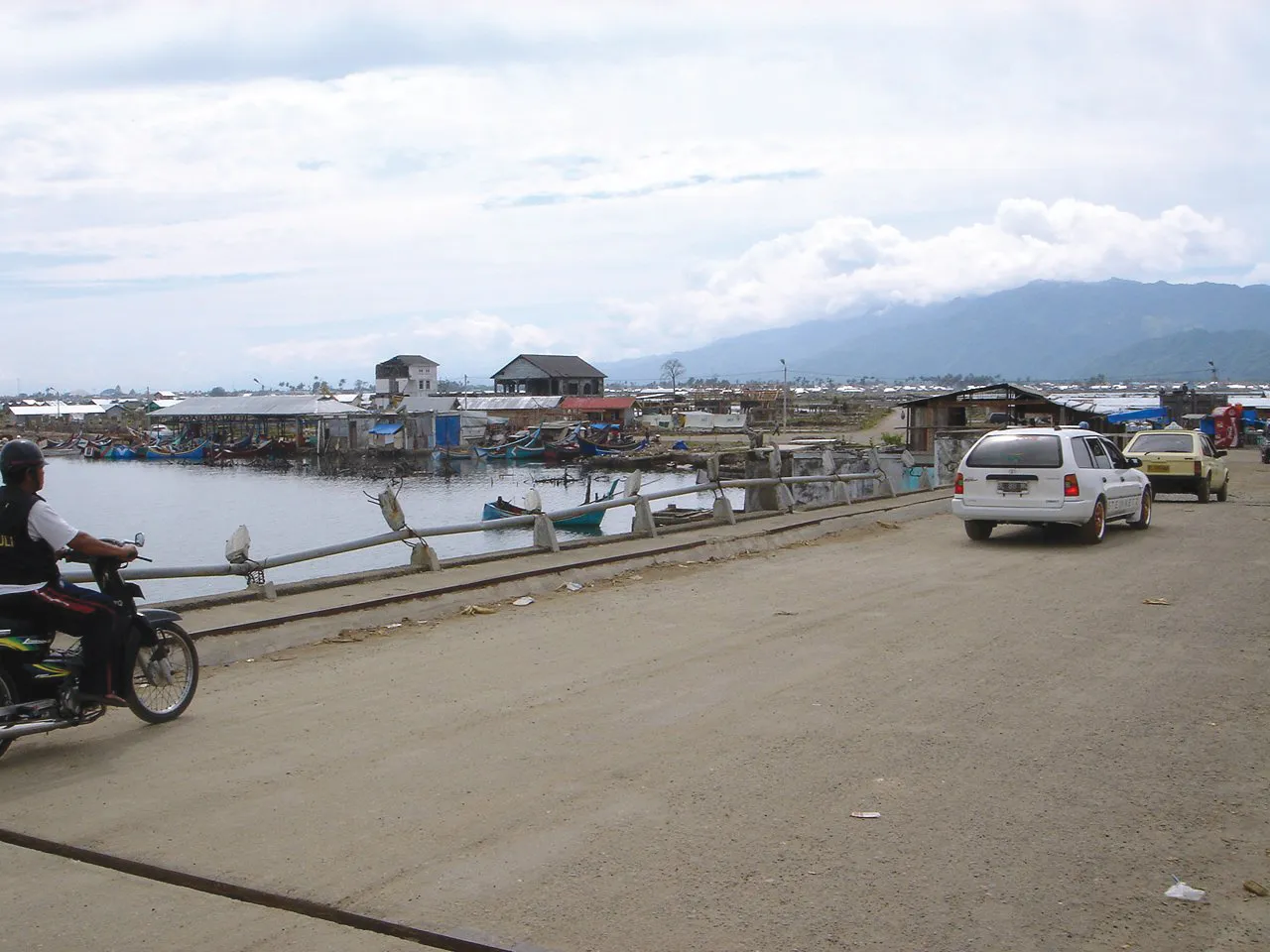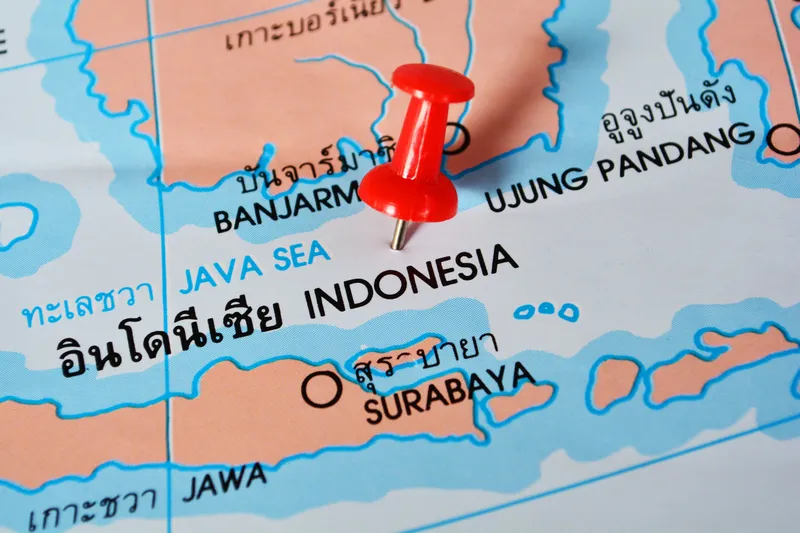The authorities in Indonesia have set out extensive plans to source funding for new tolled highways. In all seven highway projects have been identified as crucial to expanding the network and improving connectivity for the Indonesian islands of Sulawesi, Java and Sumatra. Some US$25 billion in loans from overseas has been sourced by the Public Works Ministry of Indonesia.
November 1, 2012
Read time: 2 mins

The authorities in Indonesia have set out extensive plans to source funding for new tolled highways. In all seven highway projects have been identified as crucial to expanding the network and improving connectivity for the Indonesian islands of Sulawesi, Java and Sumatra.
Some US$25 billion in loans from overseas has been sourced by the Public Works Ministry of Indonesia. But these loans will only be required if Indonesian firmThe Pekan Baru-Dumai project has increased in cost from $670 million to $737 million, an increase of $67 million. The Solo-Kertosono project is now likely to cost $330 million, an increase of $30 million from the $300 million originally expected. The second stage of the Medan-Kuala Namu development will cost $66 million instead of $60 million, while the Medan-Binjai work will cost $72.6 million instead of $66 million. The Indralaya-Palembang toll segment will cost $82.5 million instead of $75 million while the Mamminasata project will cost $98.2 million instead of $85.4 million.
Work on the 2000km Trans-Sumatra toll road project will commence in March 2013. The first pahse of the project will be to buil a 300km section from Sumatra's Lampung province to Aceh province will be built during the construction's phase one. This will include the Palembang-Indralay and Medan-Binjai sections. The alignment will cross state-owned plantation and unused lands without interrupting existing roads. Funds worth close to $521 million will be sought by the firm from the government's state capital participation (PMN) scheme. Hutama Karya will co-develop the project with Perkebunan Nusantara (PTPN). The tolled highway project is due for completion at the same time as work on the Sunda Strait Bridge, which is due by 2022.






